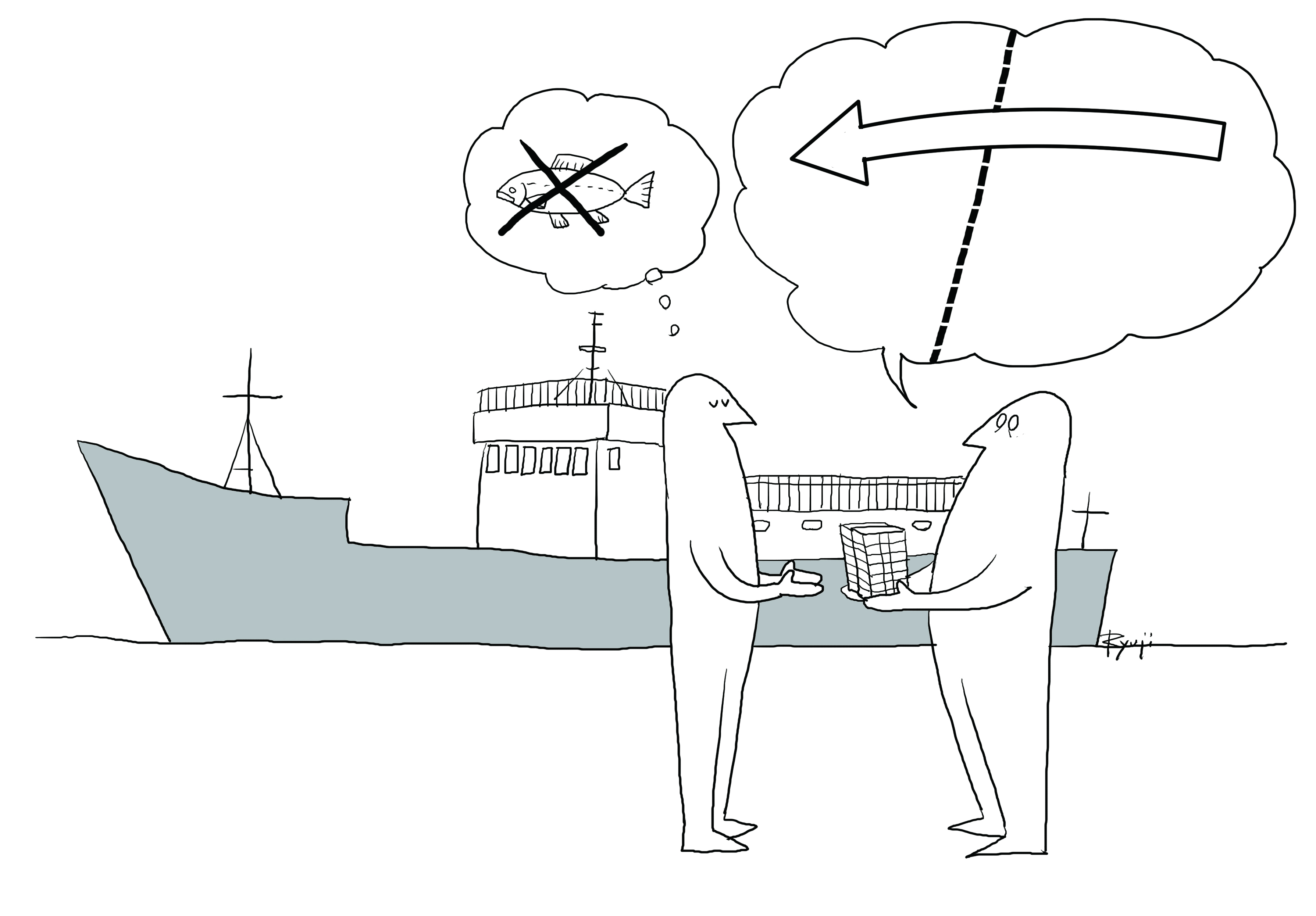In early August, a large fleet of Chinese fishing boats, numbering up to about 400 at a time, entered into the waters around Japan's Senkaku Islands, guarded by patrol boats of the China Coast Guard. But the principal players in the operations were neither the fishermen nor the coast guard, but rather a paramilitary group known as the "maritime militia," which played the crucial role in commanding the fleet. A close look at the incidents seems to point to a bitter feud between President Xi Jinping, who advocates reform of the military organization, and leaders of the military who appear to follow but in fact defy the reforms.
On the muggy afternoon of Aug. 15 at a fishing port in Quanzhou in the Fujian Province, fishermen were busy unloading from their ships the catch they had made during a 10-day expedition to the waters near the Senkakus. A man in his 30s, however, took off in a black 4WD vehicle hurriedly after landing on the port and giving instructions to others. According to an insider, this man was both the captain of a fishing boat and a key figure of the local maritime militia, and he needed to rush to the militia headquarters to report on the expedition. This scene illustrates how the primary purpose of the expedition was to encroach on Japanese waters, not to catch fish.
Japan repeatedly lodged protests with China as hundreds of Chinese fishing vessels, accompanied by the coast guard ships, swarmed the waters around the Senkakus daily, including into Japan's territorial waters within 12 nautical miles of islands. Tensions quickly flared up as Beijing rebuffed the protests and repeated its position that the Senkakus, known in Chinese as the Diaoyu, were an integral part of China and that there's nothing wrong with the operation of Chinese vessels in the surrounding waters.



